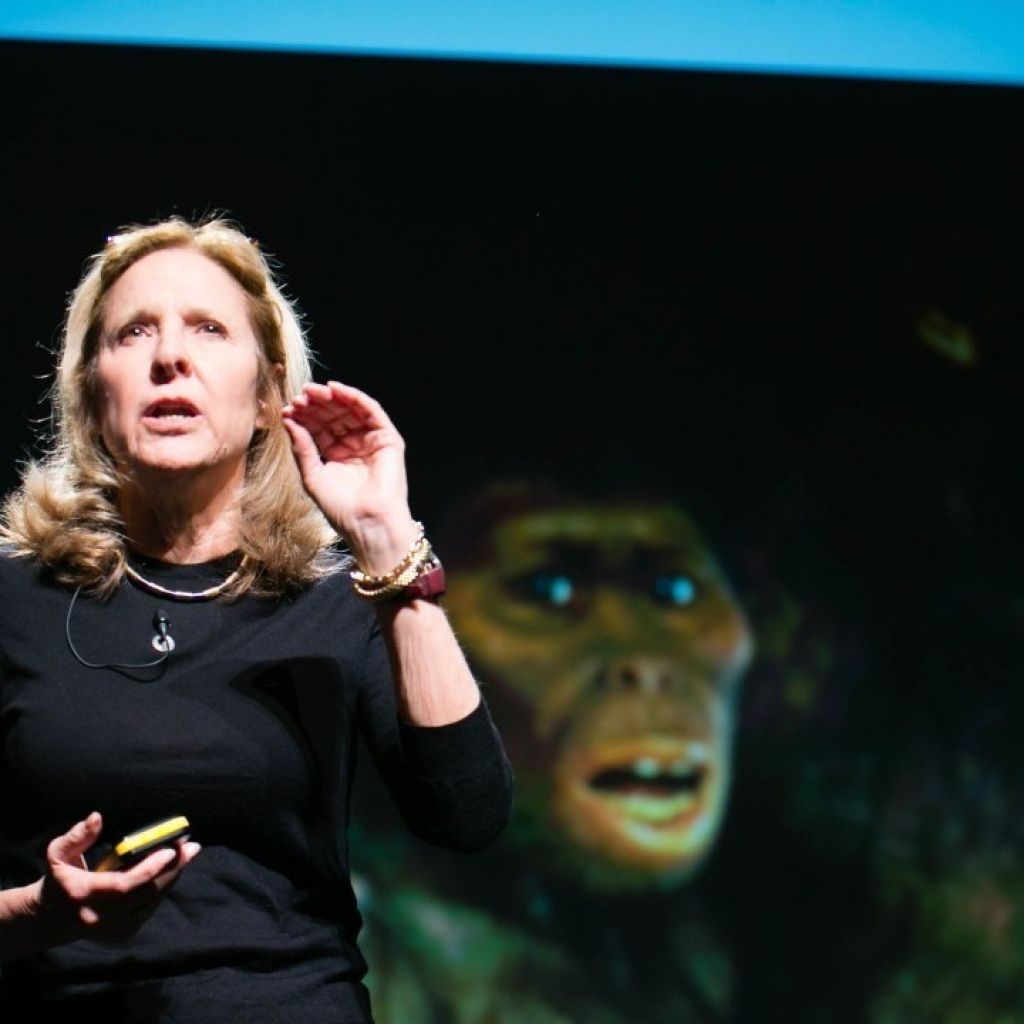Why we love who we love – according to science
It's Valentine's Day this Saturday, the perfect time to discuss love and the role your brain plays in helping you choose a mate.
Have you ever wondered how and why you fall in love with who you do? Professor Helen Fisher, a world-renowned American anthropologist and human behaviour researcher may have the answers. Fisher is a professor at Rutgers University and has studied romantic interpersonal attraction for more than 30 years.

In her 2004 book, Why We love: The Nature and Chemistry of Romantic Love, Fisher concludes that romantic love is “a powerful and primordial mating drive that evolved to find and keep life’s most precious gift – an appropriate mating partner”.
Fisher's research shows that even today choosing a mate is governed by evolution. Throughout the ages males have sized up potential partners visually, seeking out healthy age-appropriate partners to bear children, while females have relied on remembering a man's past behaviours, achievements and misadventures – as merely looking at a male is not a judge of his abilities to be a good partner and father.
From the brain scans of people who had just fallen madly in love, Fisher's 2004 book discusses differences between male and female brains. On average, men tended to show more activity in a brain region associated with the integration of visual stimuli, while women showed more activity in several brain regions linked with memory recall.
Her book explores the role the brain plays through chemicals and complex thinking patterns, and how people are drawn to each other.
Watch a video of Fisher discussing love and why we love at a TEDx event: